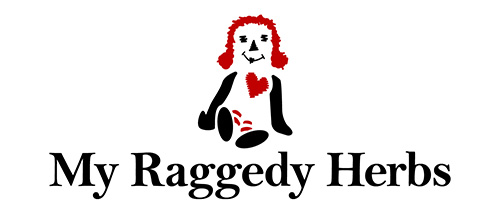In Elizabeth David’s book “English Bread and Yeast Cookery” she wrote, “If bread is to be a life companion, then we had best be choosey about it.”
One of the reasons that we garden is so that we know what is in our food. It is almost unspeakable to think that a culture would have a food system that is weaponized against it, but when nearly every food item you pick up has a list of ingredients with more words that you can’t pronounce rather than those you can, it should motivate you to reclaim some control over what you are eating.
It seems almost impossible today, to navigate the confusion and debate on what is considered “healthy.” I would like to throw out an idea for you to ponder.
Isn’t it interesting that if you eat whole grains, beans and seeds that you are consuming food that contains all the necessary elements to produce life? If you take a grain of wheat, a dried bean or a seed and plant it in the ground, all the vitamins, minerals, enzymes, amino acids, proteins, etc. are present to bring forth a new living organism. And not only a new plant but one that produces more fruit.
You can’t plant a cracker, a chicken strip, a piece of cheese or anything else, except these food sources, and bring forth new life.
Seeds were important to God—so important that He emphasized seeds when kicking this whole thing off. We read in Gen. 1:29, “Then God said, ‘Behold, I have given you every plant yielding seed that is on the surface of all the earth, and every tree which has fruit yielding seed; it shall be food for you.’”
When you eat whole grains, beans and seeds you are eating real food—living food just as God intended.
The Bible has a lot to say about food, and I find it particularly fascinating that, throughout scripture, God used grain and the finest wheat to bless His people.
“He rained down manna for the people to eat, he gave them the grain of heaven” (Ps. 78:24).
“But Israel I will feed with the finest wheat, I will satisfy them with honey from the rock” (Ps. 81:16).
“He makes peace in your borders; He satisfies you with the finest of the wheat” (Ps. 147:14).
It was obviously important to God, and generous of Him, to give His people quality grains. So, how is it that we have moved so far away from consuming whole grains as a regular staple in our diet?
Here is where Sue Becker, of Bread Beckers, offers the best explanation I have ever heard. You will be doing yourself a real favor to go back to the very first few podcasts that she posted and listen to the history of how we have become a very unhealthy, All-Purpose, bleached, white flour society. Click the link here. Spoiler Alert: Always follow the money.
Oklahoma is a wheat producing state, and our neighbors in Kansas are, too. Grains are so abundant around us that we practically take them for granted. We have traded grocery store convenience for the knowledge of growing, storing, milling and preparing whole grains, and we have handed over our wellness.
Gene Logsdon, in his book, “Small-Scale Grain Raising,” “opens up our eyes to a whole world of plants that we wrongly assume only the agricultural ‘big boys can grow.’ He succinctly covers all the basics, from planting and dealing with pests, weeds and diseases to harvesting, processing, storing and using whole grains.” He reminds us that you do not have to have acres and acres to grow your own grains but rather a little spot of dirt and a willingness to learn.
Recognizing the need to make quality seeds available to backyard gardeners, many seed companies are now offering treasured varieties of different grains such as barley and quinoa in easy-to-purchase seed packets and smaller quantities.
Like everything else, we make time for what is important to us. Bread was important enough to the culture of the day that Jesus compared Himself to it. “I am the bread of life. Your forefathers ate the manna in the desert, yet they died. But here is the bread that comes down from heaven, which a man may eat and not die. I am the living bread that came down from heaven” (John 6:48).
Unlearn, rethink and choose wisely. Choose the Living Bread!

